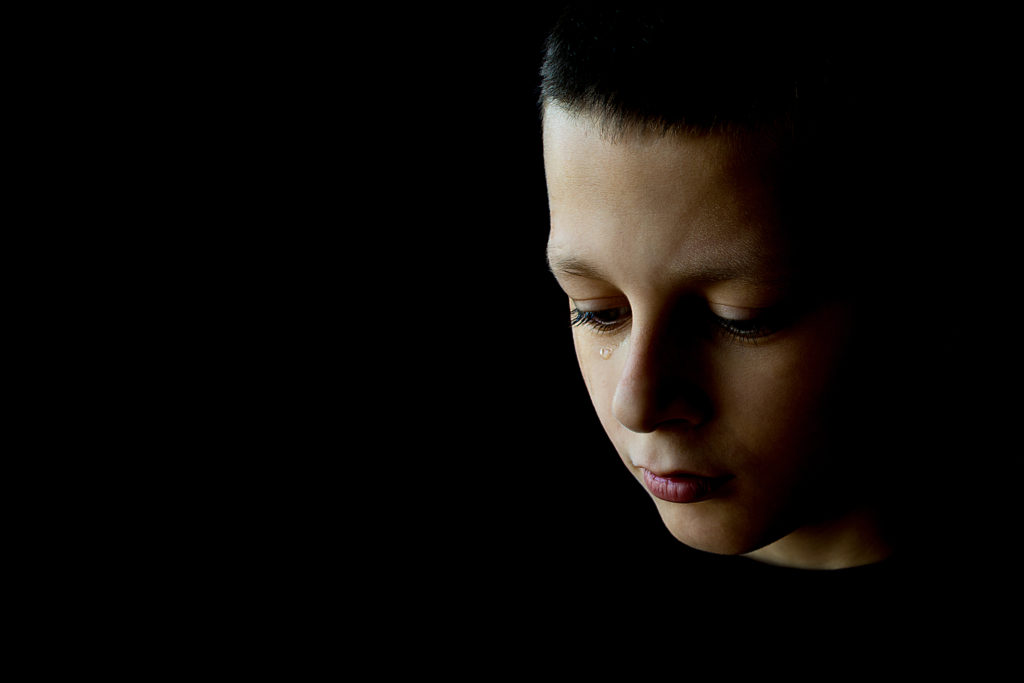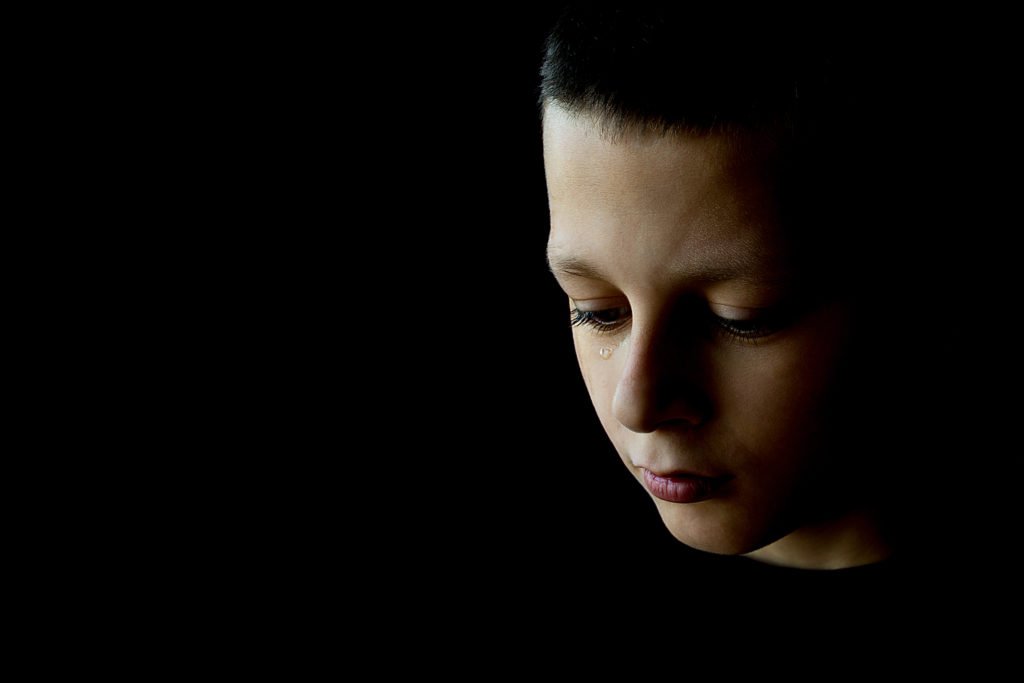The Earlier, the Better
Research suggests that personality is pretty much established by the time a child is 9, some argue 6 or even 7. The point is ..It’s within the first decade of a child’s life. While it is not written in stone, there is much evidence to support this after decades of studies and investigations. What this means for the average parent is that when we believe or even suspect questionable , challenging or abnormal behaviors, tendencies, thoughts or comments from our children, we want to take it serious and at least get a professional opinion to rule out anything that requires immediate attention for our children’s mental health.
Most common mental health disorders in Children?
Children are as vulnerable as adults to developing mental health problems. Children are exposed to the same life challenges that plague adults such as deaths, traumatic experiences, accidents, divorce and separation, and on and on. Adults often don’t realize the significant impact some of these events have on children because of their age and immaturity. While children are resilient- they are also interpreting life as it is happening – but without the experience and the reasoning that most adults have. This means their minds can often magnify or intensity situation and events. Their ignorance or lack of understanding can cause them to fear or internalize unrealistic threats or to make more of an issue than they ought to. Children often don’t have the tools- both cognitively and emotionally to rationalize or problem solve through chaos. As a result, they can become candidates for flawed thinking, and intense emotions which give birth to mental illness. Children can also be predisposed genetically to inheriting mental illness.
Common childhood mental illnesses include but are not limited to the following;
- Anxiety disorders which include obsessive-compulsive disorder, post-traumatic stress disorder, social phobia and generalized anxiety disorder — these are generally conditions in which anxiety makes it difficult for the child to function at home, school and other areas.
- Attention-deficit/hyperactivity disorder (ADHD). Children with this condition often have symptoms that make it difficult for them to regulate their attention, stay focused and concentrate. Children with ADHD can be hyperactive and impulsive or inattentive daydreamers. ADHD affects children socially, emotionally as well as cognitively.
- Autism spectrum disorder (ASD). Children on the spectrum as they are often referred to have difficulty with social skills and communicating effectively. Most parents will recognize this condition by the age of 3 because they will notice tendencies that seem to deviate from normal child development.
- Eating disorders— quite common and include conditions such as anorexia nervosa, bulimia nervosa and binge-eating disorder. This condition can often become life threatening as children tend to hide it before it comes to light. Food becomes their drug of choice and it is misused to the detriment of the child.
- Mood disorders- Like the term means the children tend to struggle with their mood and temperament. The most common mood disorders are depression and bipolar disorder. Children can be genetically predisposed to this disorder or it can develop as a result of life stress. Nonetheless- moods can shift from one extreme to the next at a level not common to the average child.
- Schizophrenia. This condition usually occurs in teens and the symptoms are usually psychosis which means the child loses touch with reality (psychosis).
What are the warning signs?
There are certainly red flags every parent should attend to. In this article we will touch on some but not all, however it is critical parents be attentive to a child’s overall wellbeing and recognize any unusual changes.
- Behavior changes. When a child starts acting unlike himself- perhaps displaying excessive aggression, wanting to hurt self or others, association with reckless friends or even tampering with weapons.
- Physical harm. Some children with mental health issues might start to inflict themselves by cutting, hitting or putting themselves in harm’s way. Their inability to communicate the deeper issues may cause them to find an alternative ways of react to their pain.
- Intense feelings– Be cognizant of heightened or intense stress states that affect your child’s body. For instance rapid breathing, racing heartbeat , fears that seem irrational to the point that it is affecting child’s home or school life.
- Mood changes. Look for sudden shifts in a child’s mood like sadness or behaviors like withdrawing that persist for more than a week and is taking a toll on relationships or academic life.
- Substance abuse. Self-medicating is a sure sign – that a child has taken matters into their own hands to manage whatever issues they are experiencing. Early use of drugs and alcohol should be carefully considered.
- Difficulty concentrating. If you receive comments or messages from school personnel in Toronto that your child is struggling to sit still, focus or concentrate on work being done in class, or even if you notice these symptoms with his daily routine at home, seek a professional opinion.
- Unexplained weight loss. Weight loss, strange, excessive or minimal eating behaviors, spending an inordinate amount of time in the washroom, vomiting.
- Physical symptoms (Somatic). Common complaints about headaches, stomach aches might suggest what is termed psycho-somatic symptoms- where the body literally takes on the pain associated with any mental or emotional issues.
Contact US
If you have a child you believe could benefit from psychotherapy or counselling, do not hesitate to contact Positive Kids. This is our specialty and you can rest assure that you’re in the right hands. Feel free to call us for free consultation with one of our registered therapists. We have many locations to serve you best.
What we do!
Positive Kids offers mental health services for children. There are clearly tools and strategies that work and others that don’t work. If you would like to explore child therapy with Positive Kids, please call us at 866-503-7454.


